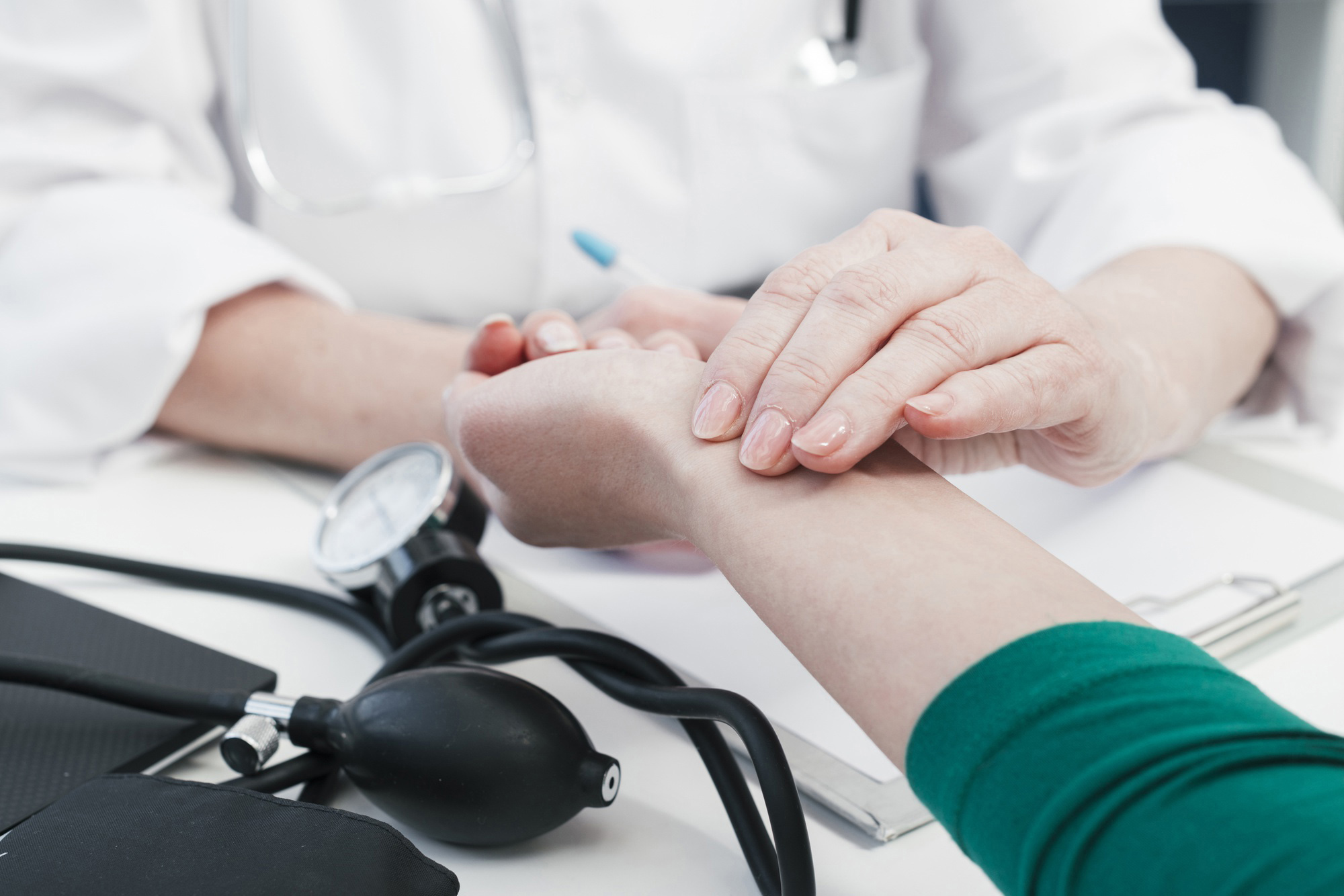By Mary Cushman
Editor’s note: Mary Cushman, MD, MSc is a University Distinguished Professor and Vice Chair of Medicine, Co-Director Vermont Center for Cardiovascular and Brain Health, University of Vermont Larner College of Medicine Director, Thrombosis and Hemostasis Program, University of Vermont Medical Center
Recommendations from the Act 167 “Oliver Wyman report” suggest that UVM Medical Center (UVMMC) reevaluate whether its medical education and research programs are contributing to better health outcomes for Vermonters. The report asks how relevant UVM’s research is to the health needs of Vermonters and questions the benefit of time spent by UVMMC physicians on research. It also asks whether the time spent by physicians on these activities helps to train the next generation of physicians in Vermont. I want to address these questions within the context of my experiences as a physician scientist at UVMMC.
My personal story illustrates the many benefits of research within the UVMMC. I began my career at UVM as a medical student in the 1980s and completed my residency in internal medicine and fellowship in hematology and cardiovascular research in the early 1990s. Owing to the outstanding academic environment here, I decided to stay at UVMMC to serve fellow Vermonters as a physician and conduct research. I started my clinical career as the only specialist in care of patients with abnormal blood clots called venous thrombosis – deep vein thrombosis and pulmonary embolism – a leading type of potentially fatal cardiovascular disease. Thus, I am an example of how research can attract physicians who train at UVM to remain in the state to serve Vermonters. In fact, statistics from my department (Department of Medicine), which we calculated in response to the Wyman report, shows that from 2016 onward, more than 50% of the residents we train remain in Vermont. This could be lost if we de-emphasize research training.
Three decades later, I have overseen a thriving research program that has garnered tens of millions of dollars of research funding from the National Institutes of Health (NIH) and included research studies that specifically address the health needs of rural populations. These research dollars directly contribute to advancing science and training the next generation of researchers, helping our local economy, and providing stable jobs. We have made many breakthrough discoveries, including that excessive body weight and oral contraceptives increase the risk for venous thrombosis, as well as multiple causes of racial disparities in stroke affecting Black Americans. Our original research group of three faculty is now 15 faculty at the UVM Larner College of Medicine. Of these researchers, seven are physicians, and seven were trained at UVM. Thus, from my experience, research and educational activities of UVMMC physicians help to train the next generation of physicians who will serve Vermonters.
On the clinical side, based on successful research and building a program for the care of venous thrombosis and bleeding disorders, we now have a Thrombosis and Hemostasis Program that is staffed by six dedicated hematologists, three nurse practitioners, one physician’s assistant, and two nurses. We see about 1,500 new patients from our region every year – a number that is rapidly growing with the aging of our population. We provide holistic care to these patients to improve their vascular health and apply the most recent research-based knowledge to their care, including from our own research.
One can’t discuss the impact of an academic medical center without mentioning the COVID-19 pandemic. Starting in the spring of 2020, I participated in conducting NIH-funded rapid-response clinical trials on treatments for COVID-19 in hospitalized patients. Results led to the rigorous testing of different blood thinning medications and new clinical practice guidelines less than one year after we started, improving recovery from this deadly infection. Bridging from this research, we are now studying the causes of long COVID, and we aim to develop knowledge that will bring treatments to the community of patients in Vermont suffering from the long-term debilitating effects of the virus.
If UVMMC were to severely reduce or eliminate its research and educational activities, it would prevent stories like mine from being told. Ultimately, this will reduce the number of physicians trained at UVM who remain in VT and reduce the benefits that an academic environment brings to the health of Vermonters. We will also lose our ability to train the next generation in research. While we all agree that we must address issues of access to and the rising costs of health care, we should not undertake short-term solutions that have long-term detrimental effects on the health care and health of Vermonters.




